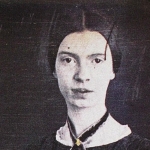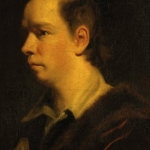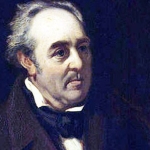Here comes the shadow not looking where it is going,
Here comes the little wind which the hour
Drags with it everywhere like an empty wagon through leaves.
Here comes my ignorance shuffling after them
Asking them what they are doing.
Standing still, I can hear my footsteps
Come up behind me and go on
Ahead of me and come up behind me and
With different keys clinking in the pockets,
And still I do not move. Here comes
The white-haired thistle seed stumbling past through the branches
Like a paper lantern carried by a blind man.
Whose ways were his own and who died before I could ask.
Forerunner, I would like to say, silent pilot,
Your indirections are as strange to me
As my own. I know so little that anything
You might tell me would be a revelation.
Sir, I would like to say,
It is hard to think of the good woman
Presenting you with children, like cakes,
Granting you the eye of her needle,
Standing in doorways, flinging after you
Little endearments, like rocks, or her silence
Like a whole Sunday of bells. Instead, tell me:
Which of my many incomprehensions
Did you bequeath me, and where did they take you? Standing
In the shoes of indecision, I hear them
Come up behind me and go on ahead of me
Wearing boots, on crutches, barefoot, they could never
Get together on any door-sill or destination—
The one with the assortment of smiles, the one
Jailed in himself like a forest, the one who comes
Back at evening drunk with despair and turns
Into the wrong night as though he owned it—oh small
Deaf disappearance in the dusk, in which of their shoes
Will I find myself tomorrow?
















Comment form: